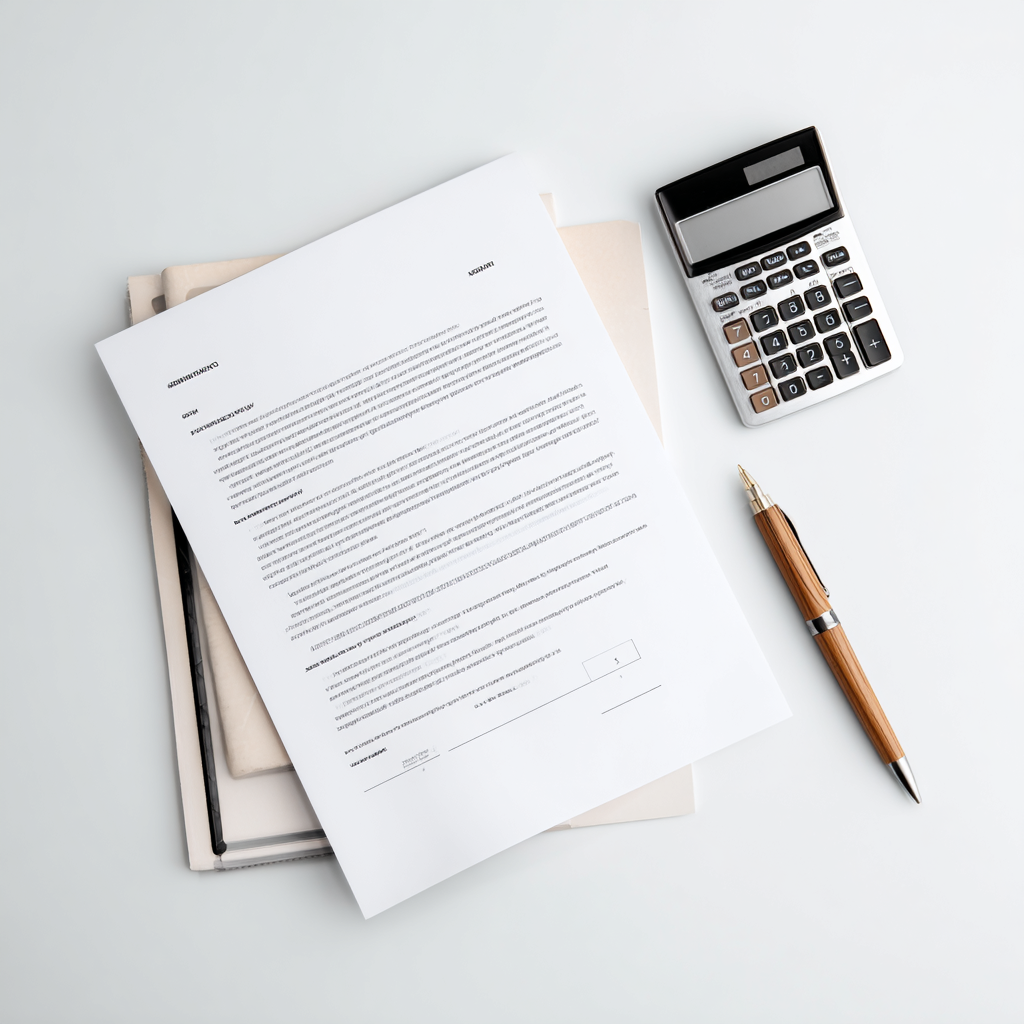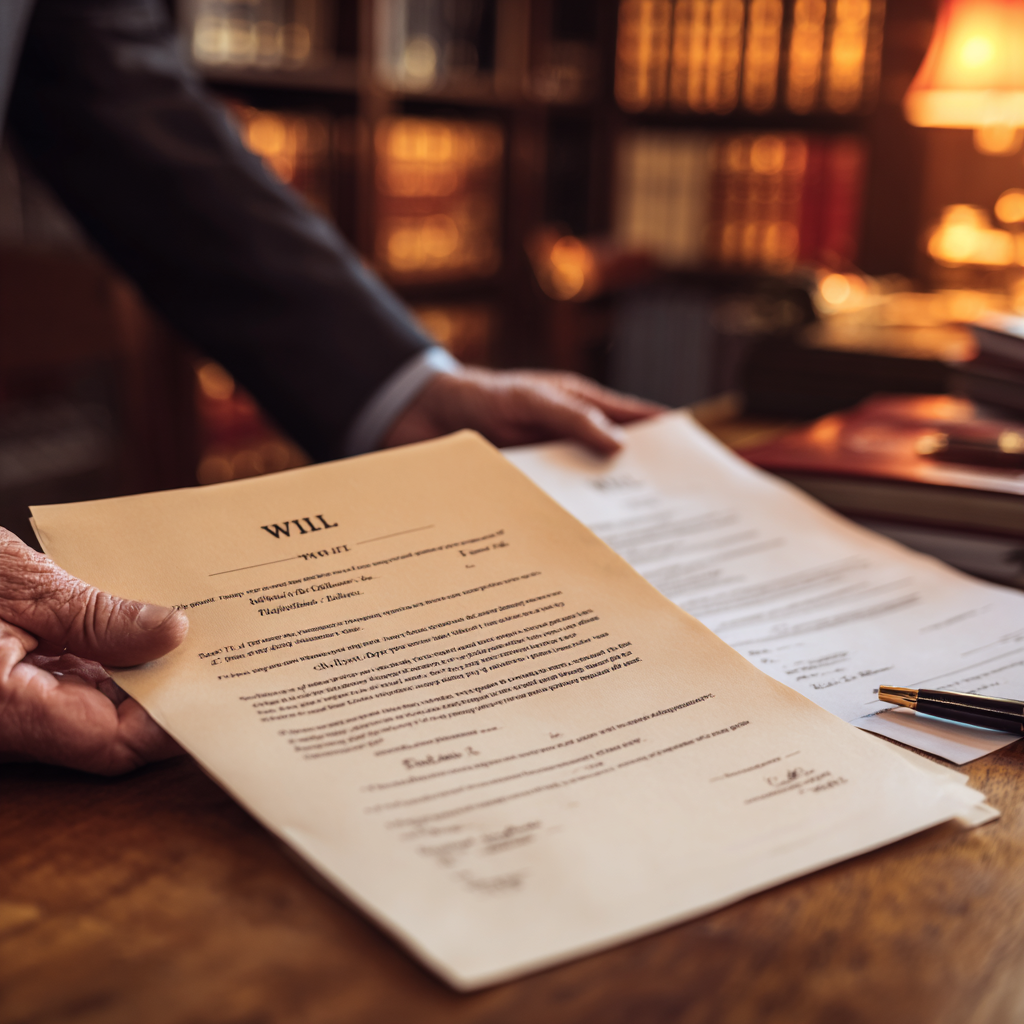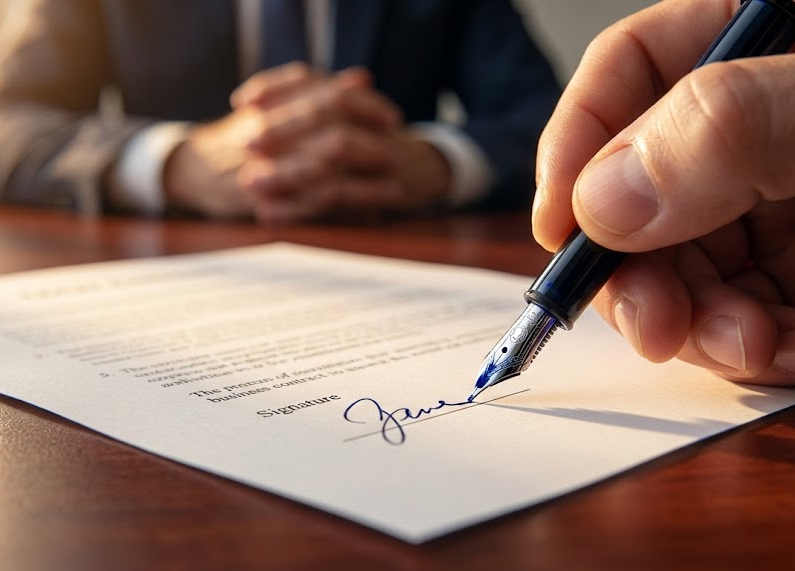An apostille is a special certification that verifies the authenticity of a document’s signature and seal, allowing it to be recognized in countries participating in the 1961 Hague Apostille Convention. This international agreement eliminates the need for lengthy diplomatic legalization processes, streamlining document use across borders. However, a common question exists: can a notary apostille a document as well?
In this article, we’ll delve into the roles of notaries and apostilles to clarify this question and guide you through the process of obtaining an apostille for your international needs.
So, can a notary apostille a document?
In the United States, notaries hold a vital role in verifying identities and witnessing signatures. They ensure the legitimacy of various documents, but, unfortunately, they cannot directly issue apostilles. Though often mistaken for one another, apostilles differ from notarizations in both purpose and issuing authority.
Here’s why a notary can’t apostille your document:
- An apostille serves a specific purpose: it verifies the validity of the notary’s signature and seal on a document, essentially saying, “Yes, this notary is indeed authorized in this state.” This international certification allows the document to be recognized and accepted in countries participating in the Hague Apostille Convention (currently over 100);
- Apostilles are handled by different authorities: while a notary verifies your identity and signature, the authority to issue an apostille lies with various government agencies depending on the document type;
- For example, for federal documents like birth certificates or federal court orders, you’d contact the U.S. Department of State’s Office of Authentications;
- On the other hand, apostilles for state-issued documents like marriage licenses, notarized contracts, or business certificates are typically handled by the Secretary of State office in your state.
A notary plays a crucial first step in authenticating your document by verifying your identity and witnessing your signature, acting as the local gatekeeper, not the international ambassador. So their signature needs further endorsement by the relevant government authority through an apostille to be recognized abroad.
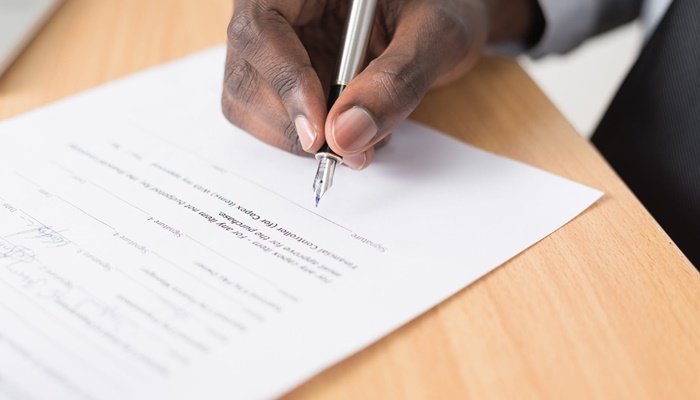
What can notaries do instead?
While notaries can’t directly grant you the international recognition of an apostille, their role in ensuring document authenticity and validity remains crucial. Here’s what a notary public, including the convenient option of a mobile notary, can do for you:
- Witnessing signatures and verifying identities: this core function forms the foundation of a notary’s service. They ensure the person signing a document is who they claim to be, witnessing the act and documenting it with their official seal. This adds a layer of security and helps prevent fraud;
- Notarizing a variety of documents: from real estate transactions and loan applications to medical directives and travel documents, notaries handle a wide range of document types requiring their verification. They ensure the documents comply with legal requirements and are properly executed;
- Administering oaths and affirmations: notaries play a vital role in legal proceedings by administering oaths and affirmations, ensuring individuals understand the gravity of their statements and testify truthfully;
- Providing certified copies: need a reliable copy of an original document? Notaries can create certified copies, verifying their authenticity and accuracy, which are crucial for various legal and administrative purposes.
- Potentially serving as Loan Signing Agents (LSAs): some notaries hold additional certifications like the LSA, enabling them to handle the complex closing process for real estate transactions, ensuring all documents are signed correctly and efficiently;
- Streamlining the process with mobile notarization services: busy schedules and accessibility challenges are no longer an obstacle! Mobile notaries bring their services directly to you, offering the convenience of on-site document notarization at your office, home, or preferred location;
- Offering additional services: depending on their expertise and state regulations, some notaries provide additional services like witnessing multiple signatures and even offering electronic notary services (e-notarization) in authorized jurisdictions.
What do you need to get an apostille seal?
At first, obtaining an apostille seal might seem daunting, but knowing the entire process beforehand helps subdue any negative feelings. Here’s a breakdown of the key steps:
1. Identify the issuing authority
This depends on your document type and location. As stated above, your starting point for federal documents like birth certificates or federal court orders is the U.S. Department of State’s Office of Authentication.
For state-issued documents like marriage licenses, notarized contracts, or business certificates, reach out to the Secretary of State office in your state.
By the way, their websites typically provide clear information on which documents they handle and the application process, so make sure to read the specifics if questions arise.
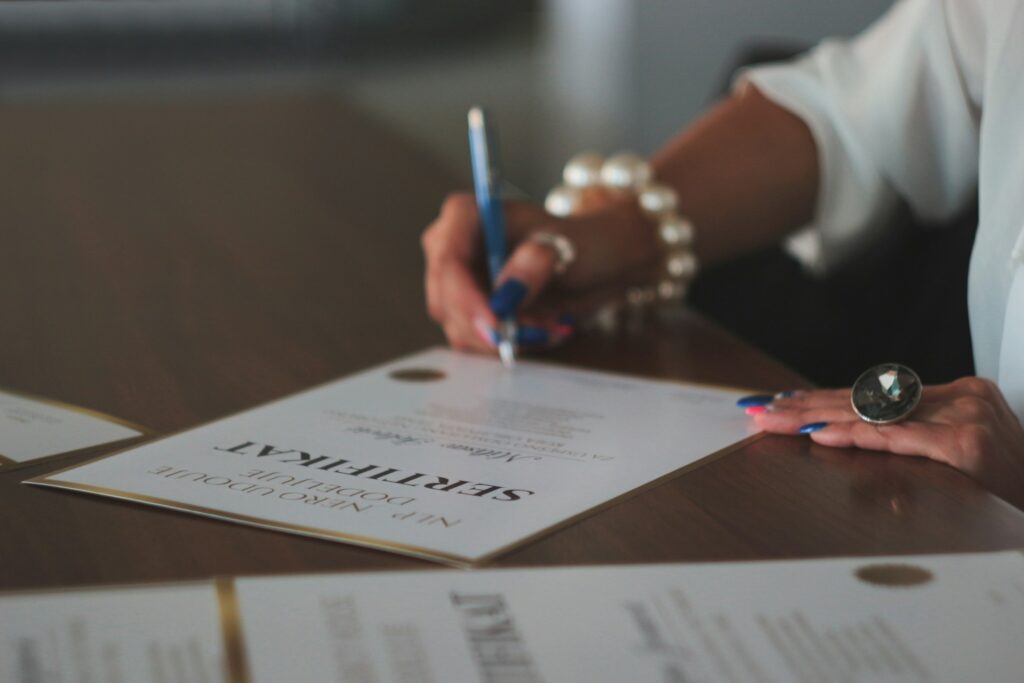
2. Prepare your application and documents
Each issuing authority has distinct requirements. Carefully review their instructions to ensure you submit all necessary documents, including the original document (or a certified copy), a completed application form, and any applicable fees. Remember, an apostille goes on the original document, so ensure it’s in good condition and free of damage.
3. Submit your request
Most agencies accept applications by mail, but some offer online or in-person submission options. Double-check their preferred method and follow their instructions. Processing times can vary, so factor this into your timeline.
4. Receive your apostilled document
Once processed, the issuing authority will return your document with the apostille seal attached. Keep it safe and secure, as it becomes the official validation of your document’s authenticity for international use.
Additional tips
If you have any questions or encounter difficulties, don’t be afraid to contact the issuing authorities – they can clarify specific requirements and guide you through the specifics of the process.
You may consider using a professional service specializing in document authentication if you require assistance navigating complex procedures or dealing with multiple apostilles at the same time, which can be tough to manage.
Don’t forget to factor in processing times and potential delays when planning your timeline for using the apostilled document abroad. State-issued documents take the least amount of time, usually requiring around a week or two for the entire apostille process; federally-issued ones, however, can take much longer – FBI background checks usually take up to 8 weeks.
Also, remember that notaries cannot directly issue apostilles, but they can still be valuable resources in guiding you through the process, verifying required documents, and ensuring your application is complete.

Conclusion: Can a notary apostille a document?
While notaries play a crucial role in ensuring document authenticity and witnessing signatures, they, unfortunately, cannot grant your document the international recognition of an apostille. Remember, it requires validation by the relevant government authority.
However, don’t underestimate the value of a notary in navigating this process! They can guide you, verify documents, and ensure your application is complete, saving you time and hassle.
And if you’re looking for added convenience and flexibility, consider a mobile notary! We at Mobile Notary Orlando bring our expertise directly to you, streamlining the notarization process and making it easier than ever to get your documents notarized.
If you’re around Orange, Osceola, Brevard, and Seminole counties, contact us today to experience the ease and efficiency of on-site notary services, available 7 days a week in English, Spanish, and Portuguese!




